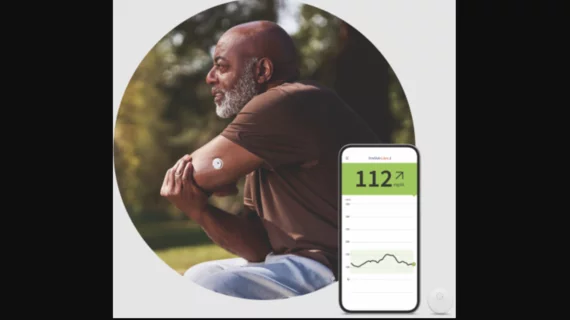Abbott opens CGM sensor manufacturing facility in Ireland as part of $465M investment
Abbott has opened a massive, new facility in Kilkenny, Ireland, focused on manufacturing its FreeStyle Libre 3 continuous glucose monitoring (CGM) sensors. It is estimated to employ more than 800 people.
The company has had a significant presence in Ireland for decades, and this opening represents part of a $465 million investment in the area. According to Abbott, the 323,000-square-foot facility was built to be sustainable. It is fully electric, includes nearly 600 solar panels and even collects rainwater to use onsite.
Irish Prime Minister Simon Harris was on hand for the facility’s grand opening.
“Abbott, which has been in Ireland since 1946, is one of the longest-established global companies and largest employers in our country,” Harris said in a statement. “This latest investment is a further vote of confidence in Ireland as a location for world-class advanced manufacturing and healthcare businesses. With the opening of this new site, Ireland is now at the global center of diabetes care.”
“The state-of-the-art Kilkenny facility will have the highest production of Libre sensors in the world to help meet the growing global demand for our world-leading FreeStyle Libre portfolio,” added Robert Ford, Abbott chairman and CEO.
Abbott also announced a new $100,000 grant dedicated to helping three Irish STEM students pursue third-level education.
FreeStyle sensors now approved for common imaging procedures
In October, Abbott announced its FreeStyle Libre 2 and Libre 3 CGM systems had been approved by the U.S. Food and Drug Administration to be worn during common medical imaging procedures, including X-rays, CT scans and MRI scans.
“We’ve seen firsthand how consistent use of Libre technology benefits people living with diabetes,” Anila Bindal, MD, associate medical director for Abbott's diabetes care business, said at the time. “This contraindication removal aligns with Abbott’s commitment to provide easy, convenient, and affordable technology for diabetes management."

